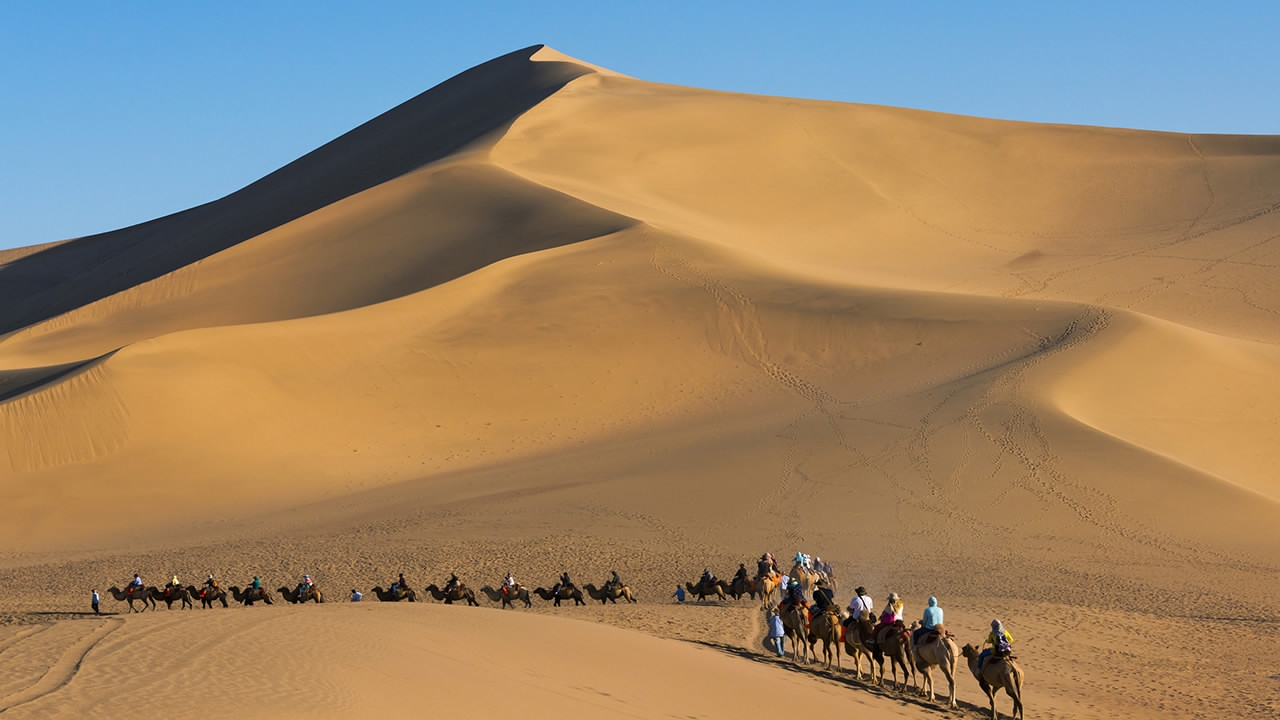
17:53, 28-Feb-2019
The Belt and Road Initiative II – What the Politburo Heard
Robert Lawrence Kuhn
It has been over three years since China’s President Xi Jinping announced the Belt and Road initiative – China’s grand strategy of mutual economic development, primarily the construction of much-needed infrastructure, involving more than 60 countries, most of them developing, some of them among the least developed. Progress has been made, including the establishment of the Asian Infrastructure Investment Bank and the Silk Road Fund, and the exploration and signing of numerous deals is an ongoing process. But how important, really, is the Belt and Road initiative to China itself? In April of 2016, a special seminar was held in Beijing on the history of Silk Road. Who attended, and what they heard, confirms indeed that the Belt and Road initiative has highest priority

Ancient merchants and pilgrims crossed the desert along the Silk Road to transport goods and conduct trade.
Ancient merchants and pilgrims crossed the desert along the Silk Road to transport goods and conduct trade.
That the entire Politburo and other senior officials spent serious time listening to a scholarly lecture on the history of the Silk Road corroborates the overarching importance of the Belt and Road initiative. This linkage of past and present helps us to appreciate “how China’s leaders think”. After all, to my knowledge, no other country so clearly roots a contemporary policy in its historical tradition. China considers itself a “Civilization State” with a continuous culture, and part of that culture, China says, is outreach and trade but not occupation and colonization. As China’s enlarges its global economic footprint, there will be challenges. China will need to consider how to protect its overseas assets and, more important, its overseas workers. Some may question China’s motives, suggesting a new kind of mercantile neocolonialism, where China extracts raw materials and injects manufactured goods. China is sensitive to these challenges. So are we, keeping Closer To China.
SITEMAP
Copyright © 2018 CGTN. Beijing ICP prepared NO.16065310-3
Copyright © 2018 CGTN. Beijing ICP prepared NO.16065310-3